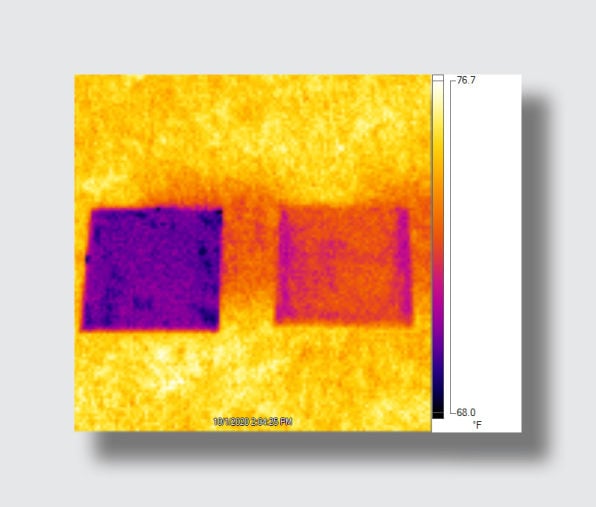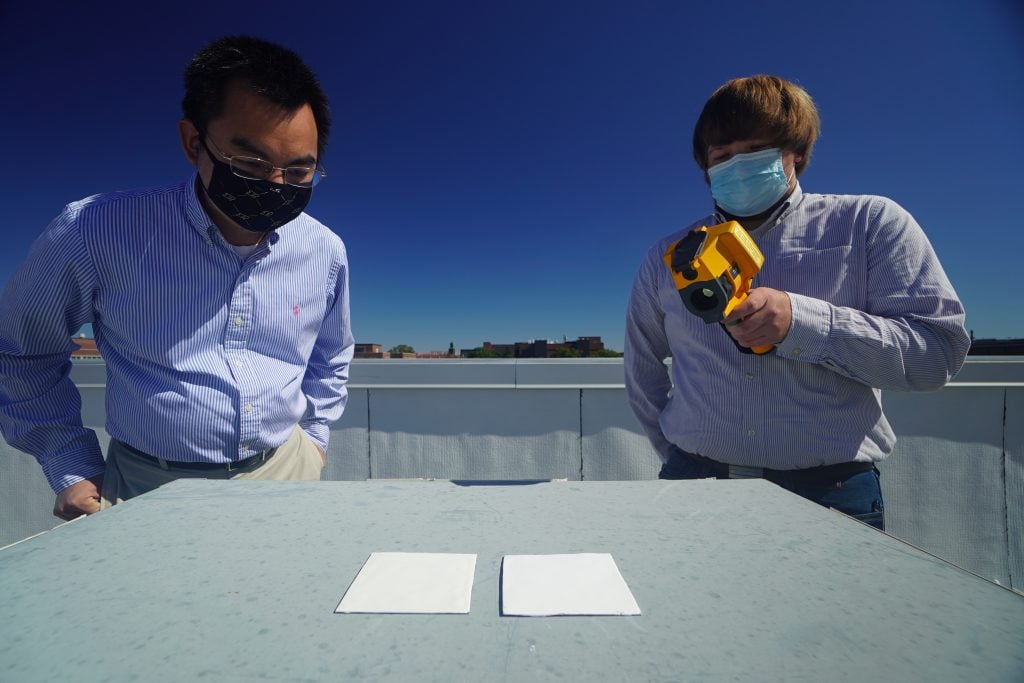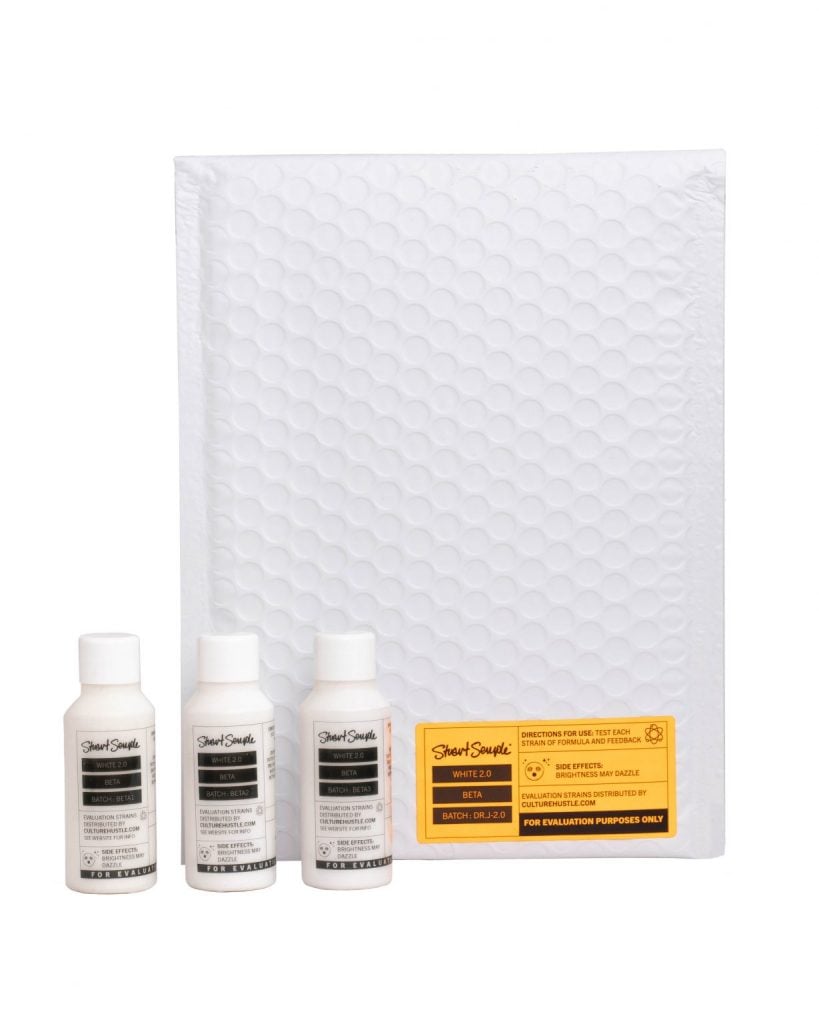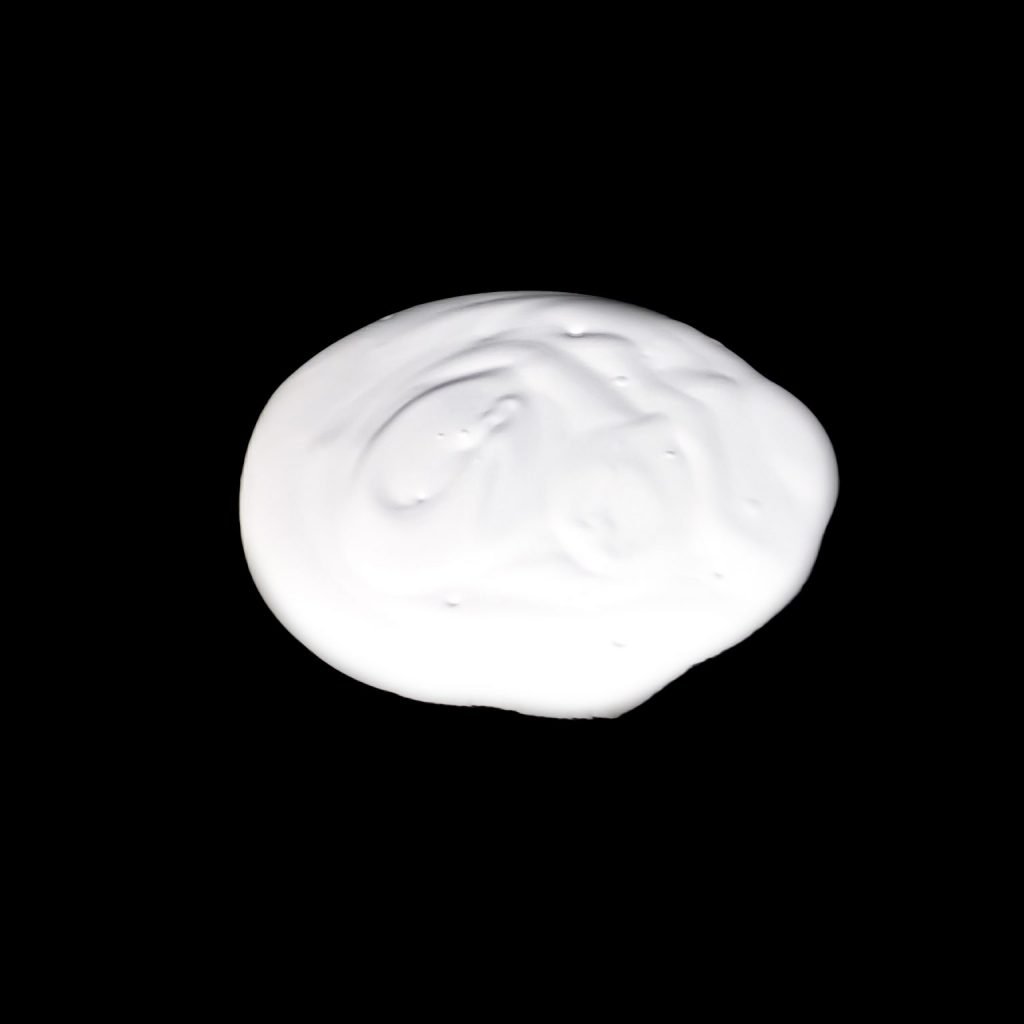Art World
Scientists Claim This New Paint Is the Whitest White Ever Made—and It Could It Help Combat Global Warming
The acrylic paint reflects 95.5 percent of sunlight.

A new super-white color of paint is so bright you might just need shades. Developed by scientists at Purdue University, the new whitest white acrylic paint reflects 95.5 percent of sunlight.
Engineer Xiulin Ruan designed the paint to keep buildings cooler and prevent machinery from overheating. Its makeup of calcium carbonate fillers gives it added reflectivity, which means it stays cooler than the ambient temperature, even when the sun is shining—something other heat-rejecting white paints have failed to achieve, according to findings published in the journal Cell Reports Physical Science.
Testing found that surfaces painted with the new white were up to 18 degrees cooler than the surrounding areas, opening up the possibility it could be used as an alternative to air conditioning.
“This paint may even be used to combat climate change since it rejects sunlight and radiates heat into space,” Ruan said in a statement.
The most obvious application is using it on rooftops. A coat of his super white on the roof of the average home could lower the electric bill by a dollar per day. And the paint stands to be quite affordable, as calcium carbonate is much cheaper than the titanium dioxide particles typically used in commercial paint.

Purdue researchers Xiulin Ruan (left) and Joseph Peoples compare the cooling performance of white paint samples on a rooftop. Photo by Jared Pike/Purdue University.
Recognizing that a white roof doesn’t necessarily match everyone’s aesthetic, Ruan hopes to use the same technology to make the paint in other shades, too. “The cooling won’t be as good as white paint, but we believe we can make it better than other colored paint,” he told Fast Company.
Meanwhile, the race to develop the world’s blackest black is ongoing and surprisingly contested. Artist Anish Kapoor has the exclusive license to use Vantablack, the carbon nanotube superblack invented in 2014 which absorbs 99.96 percent of light. In response, artist Stuart Semple developed his own line of superlative pigments and art supplies, including a superblack paint—and banned Kapoor from purchasing them.

Stuart Semple is making developing Whitest White paint. Photo courtesy of Stuart Semple.
Now, ahead of the unveiling of the new white, Semple has released a beta version of his Whitest White in April, which purports to reflect 99.6 percent of light. The preemptive move was inspired by high-tech laboratories looking to replicate the whitest white in nature, which appears on the ultra-thin scales of the Cyphochilus beetle.
“We know the developers of these colors are focused on the most profitable commercial applications,” Semple told FAD Magazine. “I’m on a mission to make sure artists and creators get it first!”

Stuart Semple is making developing Whitest White paint. Photo courtesy of Stuart Semple.
As the color wars continue, Kapoor plans to debut his first Vantablack sculptures at the Galléria dell’Accademia during the next Venice Biennale in 2022.
Scientists at MIT have since developed an even blacker substance that reflects 99.995 percent of all light. They debuted their discovery last fall at the New York Stock exchange via an artwork, The Redemption of Vanity by Diemut Strebe, an artist-in-residence at the MIT Center for Art, Science, and Technology, who used the material to make a diamond all but disappear.
Follow artnet News on Facebook:
Want to stay ahead of the art world? Subscribe to our newsletter to get the breaking news, eye-opening interviews, and incisive critical takes that drive the conversation forward.

It looks like you're using an ad blocker, which may make our news articles disappear from your browser.
artnet News relies on advertising revenue, so please disable your ad blocker or whitelist our site.
To do so, simply click the Ad Block icon, usually located on the upper-right corner of your browser. Follow the prompts from there.
SHARE










